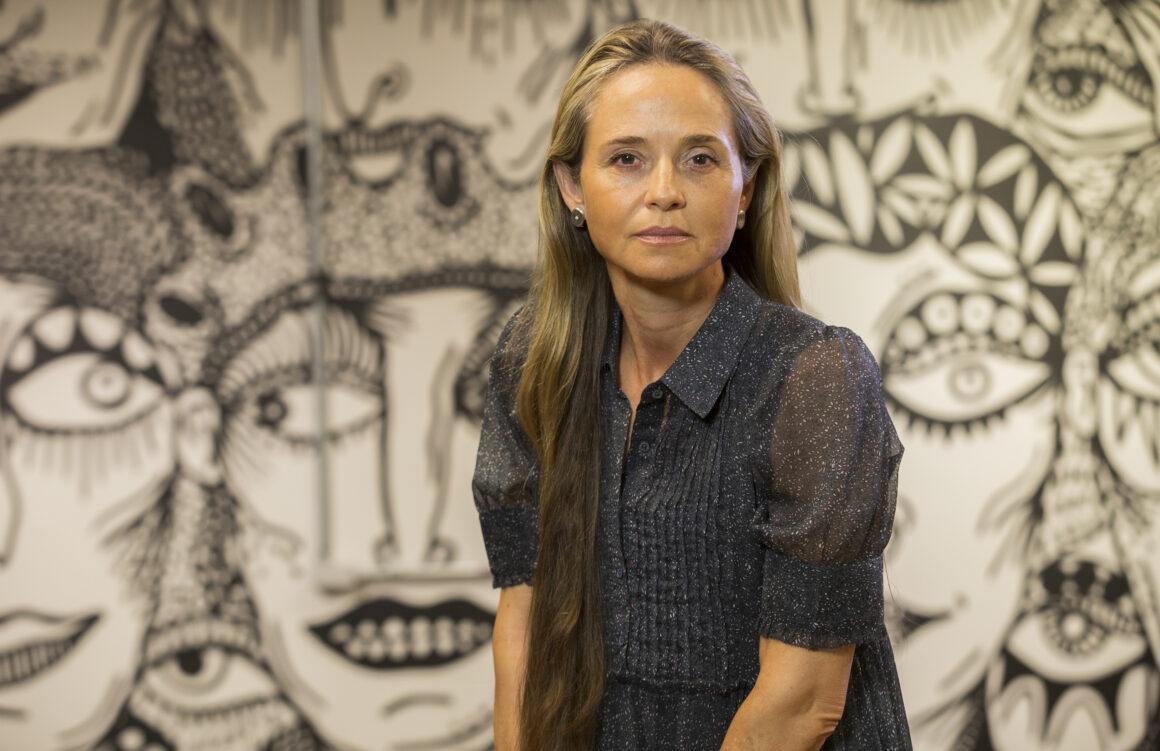Patrícia Villela Marino: “Revision of the Drug Law cannot be postponed”
Between the end of May and throughout June, the judgment in the Supreme Federal Court that may decriminalize the possession of drugs for personal consumption in Brazil was included in the agenda of at least five sessions, but all of them was postponed. Stalled in the Court since 2015, the process discusses the constitutionality of article 28 of the Drug Law and has general repercussions. So far, decriminalization has received three favorable votes, but while Gilmar Mendes, the case’s rapporteur, defends the change to all drugs, ministers Roberto Barroso and Edson Fachin have restricted their position to the use of marijuana. On June 1, in light of one of the postponements, the president of the Humanitas360 Institute, Patrícia Villela Marino, published the following note on social media, emphasizing the urgency of the trial:
“Scheduled by Judge Rosa Weber for last week, the return of the Supreme Court trial that may decriminalize the carrying of drugs for personal consumption has been postponed once again to today. As I write these words, the process has not yet been restarted and a new postponement is most likely.
Civil society has been waiting too long for the conclusion of the case, stalled in the Court since 2015 with only three registered votes. It turns out that the current Drug Law has consequences that are too serious for us to cross our arms, making it urgent to end the war on drugs, prohibitionism, and the perpetuation of historical inequalities.
We know that making Article 28 unconstitutional will not be the solution to all of Brazil’s problems. But it is an important beginning, capable of rationalizing our drug policy and making it fairer. For this to happen, it is fundamental to establish the minimum amounts considered for personal use, limiting the margin for abuse in police approaches.
Moreover, it is necessary to reflect on the need to decriminalize all drugs, and not only Cannabis sativa, as some voices have defended. Only with this broadened scope will we be able to treat drugs as they should be treated: as a public health issue.
The Humanitas360 Institute, which I chair, is following this trial with open eyes and attentive ears, as it represents a window of opportunity for historical reparation and justice that cannot be wasted. We are faced with an unpostponable task.”
Patrícia Villela Marino, president of the Humanitas360 Institute

